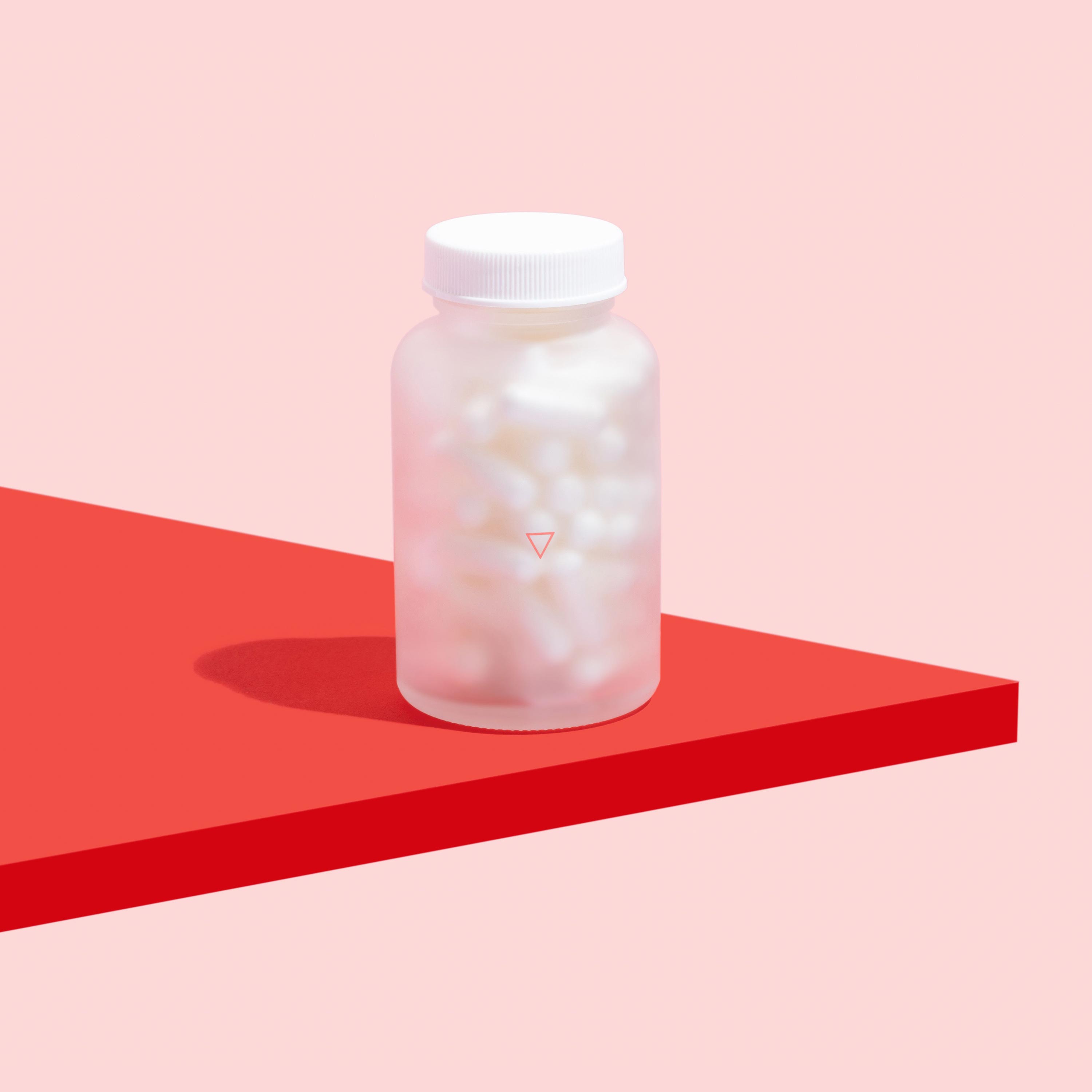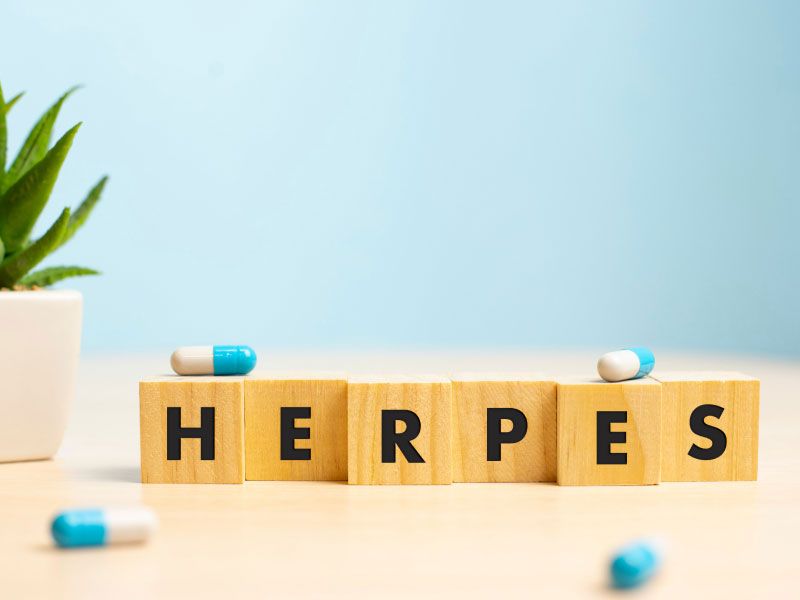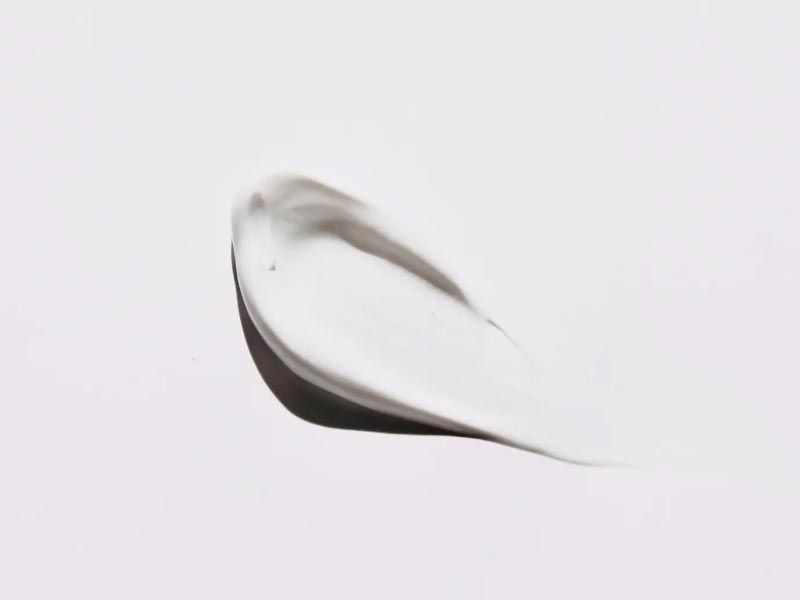
Written by Kathleen Morrison
Medically Reviewed by Andrea Sleeth WHNP-BC, MSCP
Can your diet actually play a role in managing herpes outbreaks?
For a lot of people, the answer is yes. While it’s not a fix by any means, some folks do notice a connection between certain foods and how often flare-ups happen. Think of it less like a strict “good vs. bad” food list, and more like a guide to help you tune in to what your body responds to best.
Everyone’s experience is different, but the general idea is this: some foods can support your immune system and help keep things feeling more balanced, while others might throw things off a bit, especially if you’re already feeling run down or stressed.
How your diet can help you manage your health
While there’s no magic meal that can make the herpes virus vanish (nothing can!), certain nutrients can support your immune system and help you feel more in control.
When your body’s getting what it needs—especially during stressful moments when herpes likes to pop in uninvited—it’s easier to feel balanced, steady, and ready for whatever comes your way. Here are some nutrient-packed foods that might give your immune system a little love:
- Vitamin C: Oranges, strawberries, bell peppers—fresh, colorful, and great for your overall glow-up.
- Vitamin E: Grab a handful of almonds or add spinach to your next meal—these antioxidant-rich faves support skin and immune function.
- Lysine-rich foods: Chicken, fish, eggs, and beans are all solid choices that taste great and are great for your overall health, too.
- Lean proteins: Think chicken, tofu, turkey—great for healing, strength, and general badassery.
- Whole grains: Brown rice, quinoa, oats… all the fiber-filled, slow-burning energy you need to power through your day.
It’s all about finding what feels good in your body. If certain foods seem to bring on flare-ups, it’s totally okay to tweak your plate and see what works better. You’re in charge here.
And remember: diet is just one part of the picture. Herpes can’t be cured (seriously—anyone who says otherwise is lying), but prescription antiviral medications are a reliable way to keep things manageable.
Wisp treatment options are available only after consultation with a licensed medical professional. You should consult with your healthcare provider before starting a new supplement or treatment regimen. Individual results may vary.
Foods to include for a balanced diet
When it comes to wellness, choosing the right ingredients is key. Those who focus on wholesome, nutrient-packed foods often feel more energized, balanced, and just plain good. For folks managing herpes, the goal isn’t just to cut things out; it’s boosting the foods that support a healthy immune system and keep you feeling your best, flare-up or not.
Here’s the scoop on some foods that might help you feel stronger and steadier day-to-day.
High-lysine foods
Lysine is your immune system's bestie! Here’s what to load up on:
- Dairy products (think yogurt, cottage cheese)
- Fish (salmon, tuna, etc.)
- Chicken (lean, protein-packed goodness)
These foods are great for fueling your body and keeping things balanced. For easy meals, try a bowl of yogurt for breakfast or add chicken or fish to your salad or wraps. Simple. Alternatively, lysine supplements can work too!
Fruits and veggies
Leafy greens and vibrant fruits give your body the power it needs:
- Leafy greens (spinach, kale, arugula)
- Berries (blueberries, strawberries, raspberries)
- Other colorful veggies (carrots, bell peppers, tomatoes, citrus fruits)
These power-packed foods are full of vitamins and antioxidants that help keep your immune system and gut health strong. Toss them into smoothies, add them to salads, or stir-fry for a quick and nutritious meal.
Whole grains and legumes
For steady energy and solid health, stock up on:
- Whole grains (brown rice, quinoa, whole-wheat bread)
- Legumes (lentils, chickpeas, black beans)
These fiber-filled foods help stabilize blood sugar and provide long-lasting energy. Add them to soups, wraps, or bowls for a hearty, satisfying meal.
Flavor boosters
These kitchen staples can bring extra immune support and plenty of flavor:
- Garlic
- Ginger
- Turmeric
While they won’t solve everything on their own, they’re wonderful for adding an extra layer of immunity-boosting goodness. Plus, they make your meals taste amazing!
Foods to be mindful of
Let’s get real—there’s no "bad" food out there, but some foods might not be the best choice for you when you’re looking to stay healthy and in balance.
This isn’t meant to make you feel restricted or stressed out about every bite. It's more about being mindful of how certain things could make things a little trickier for your body. Little adjustments here and there can help keep things feeling easier.
High-arginine foods
Nuts and chocolate—yes, they’re delicious, but they also pack a punch of arginine. This amino acid might give the virus an opportunity to stir things up.
While no food is off-limits forever, many people find that cutting back on these goodies helps keep things running smoothly. You don’t have to swear them off entirely, though! If you love a handful of almonds or a piece of chocolate, just pay attention to how your body reacts. If you notice a herpes flare-up after indulging, maybe swap in a different treat.
Processed foods and sugary snacks
We all crave a sweet treat now and then, but too many sugary snacks—think soda, candy, or pastries—can spike your blood sugar, only to leave you feeling drained once that sugar high wears off.
And let’s be real: fatigue doesn’t exactly make your body feel ready to handle anything. A good tip? Keep your sugar intake in check and choose whole foods with natural sugars, like fruits or a small square of dark chocolate, so your energy stays more even. Small changes like this might leave you feeling more energized and give your immune system the extra love it needs.
Alcohol and caffeine
We get it—sometimes a glass of wine or that first cup of coffee in the morning feels like the best way to relax and recharge. But for some people, these drinks can make things feel a little off, leaving them dehydrated or restless.
If your immune system is feeling off, that extra stress might give the virus an easier opportunity to show up. A lot of folks find that cutting back on alcohol or caffeine helps them stay calmer, sleep better, and feel more balanced overall.
So, if you’re noticing flare-ups happening more often, it might be worth experimenting with a little less wine or energy drinks and seeing how your body responds without your particular trigger foods.
Lifestyle factors beyond diet
Eating balanced meals is a big deal, but it’s only one piece of the puzzle when it comes to feeling your best. How you manage stress, stay active, and get your beauty sleep all play a part too! Sometimes, making small changes to your lifestyle can help you feel more at ease and in control. These things all work together—good food, relaxation, movement, and sleep—to create a vibe that supports your well-being.
Stress management
We all know stress isn’t exactly our friend. It can mess with our immune system and make everything feel harder. For a lot of us, stress is a major trigger for outbreaks, so managing it successfully can be key to managing our symptoms.
The good news? You don’t have to just let stress take over. There are tons of ways to release the tension.
Whether it’s taking a deep breath, doing some gentle yoga, journaling your thoughts, or simply taking a walk outside to soak in some nature, these little moments of calm can help keep stress from tipping the scales. They might not make herpes disappear (unfortunately), but they sure can help your mind stay clear and centered.
Sleep and exercise
Let’s talk about sleep! We all know how important it is, but sometimes life gets in the way. Still, quality rest is crucial for staying strong, so aim for seven to nine hours of good sleep each night to keep your immune system in top shape.
Exercise is another game-changer—whether it’s a brisk walk, light yoga, or even some stretching, it gets your blood flowing and helps shake off stress. Plus, you don’t need to be hitting the gym for hours to feel the benefits. A short stretch or a mindful bedtime routine can go a long way.
Using your food to feel confident
Eating foods that nourish your body and practicing self-care can make managing your health feel way more manageable.
While herpes simplex virus outbreaks might still pop up now and then, fueling your body with the right nutrients and keeping your habits balanced can help you feel more in control.
Staying consistent is where the magic happens. A food journal can help you connect the dots between what you eat and how your body reacts. Find what works for you—whether it’s enjoying dairy, fish, and leafy greens or stepping back from chocolate and sugary snacks. It's not about a quick fix, but about giving yourself a sense of direction and control.
Wisp’s got your back, making it easy to take care of your sexual health, with expert advice and discreet delivery. Ready to take control of your well-being? We’ve got you covered.
This blog post is for informational and educational purposes only and should not be taken as professional advice. Always consult with a qualified professional before making any decisions based on the information provided here.




